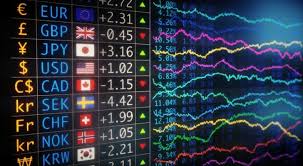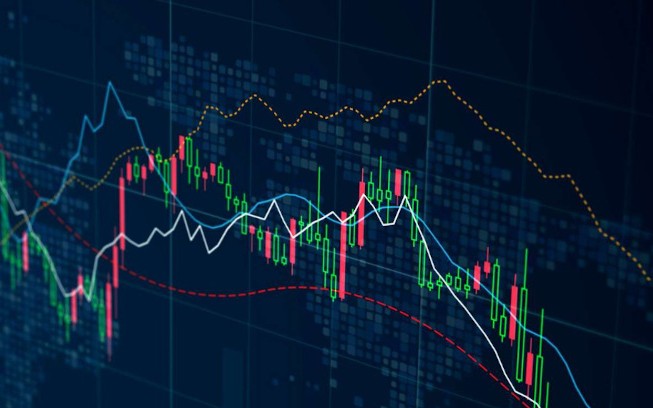
In today’s rapidly evolving financial world, many individuals are drawn to the prospects of forex trading. However, for Muslim traders, a significant concern arises regarding the permissibility of such trading under Islamic law. forex trading halal or haram https://trading-terminal.com/ is not just a financial activity; it poses questions of ethical and religious adherence that are paramount for many practitioners. This article aims to delve into whether forex trading is halal (permissible) or haram (forbidden) within an Islamic context, exploring the foundational principles and the varied viewpoints within the Muslim community.
Understanding Forex Trading
Forex trading, or foreign exchange trading, involves the buying and selling of currencies in pairs (e.g., EUR/USD, GBP/JPY). The forex market is one of the largest and most liquid financial markets globally, with trillions of dollars traded daily. It operates 24 hours a day, five days a week, and provides opportunities for traders to profit from fluctuations in currency values. However, like all investment avenues, it is essential to evaluate forex trading’s compliance with Islamic teachings.
Islamic Financial Principles
To comprehend the halal or haram nature of forex trading, we must first examine the core principles of Islamic finance. Islamic finance operates under several fundamental doctrines:

- Riba (Usury): The earning of interest (riba) is strictly forbidden in Islam. Any transaction involving guaranteed returns on loans or capital is considered riba.
- Gharar (Uncertainty): Transactions with excessive uncertainty or ambiguity are not permitted. This encompasses speculative activities that create undue risk.
- Maysir (Gambling): Any gambling or games of chance which lead to uncertain outcomes are prohibited.
- Halal Assets: Investments must only be made in industries and companies adhering to Islamic principles, thereby avoiding businesses involved in alcohol, gambling, pork, and other haram activities.
Perspectives on Forex Trading
The question of whether forex trading is halal or haram does not have a uniform answer. Views among scholars, traders, and institutions vary greatly. Here are some perspectives:
Forex Trading as Halal

Some scholars argue that forex trading is permissible under certain conditions. For instance, if the trades are conducted without leverage and adhere to Islamic principles—meaning they do not involve interest or excessive risk—they can be considered halal. Proponents of this view emphasize the practical aspects of trading—such as the knowledgeable execution of trades rather than pure speculation—as aligning with Islamic values of hard work and investment.
Forex Trading as Haram
Conversely, many scholars deem forex trading as haram due to its speculative nature. They argue that short-term trades often carry a degree of speculation that could resemble gambling (maysir). Additionally, the use of leverage increases the risk factor and may lead to complex financial positions that violate the principles of gharar and could possibly involve interest (riba) when trades are held overnight and result in swap rates. Furthermore, the nature of the forex market—being unregulated in many cases—raises concerns about potential exploitation and unethical practices.
Islamic Forex Trading Accounts
For Muslim traders interested in navigating forex trading within an Islamic framework, many brokers now offer “Islamic accounts,” which are designed to comply with Sharia law. These accounts typically feature no swap rates, thus eliminating the interest component. However, prospective traders should remain vigilant and ensure that all aspects of trading comply with Islamic teachings.
Conclusion
The debate surrounding whether forex trading is halal or haram is complex and multifaceted. Individual interpretations and understandings of Islamic law can vary significantly, and ultimately, the decision rests on the beliefs and principles of the individual trader. It is advisable for Muslims wishing to engage in forex trading to consult knowledgeable scholars, seek reputable brokers offering Islamic accounts, and fully understand both the financial and ethical dimensions of their trading activities.
Engaging in forex trading can yield significant profits; however, it should always align with one’s religious beliefs and principles. By staying informed and seeking guidance, Muslim traders can make educated decisions about their participation in the forex market.
